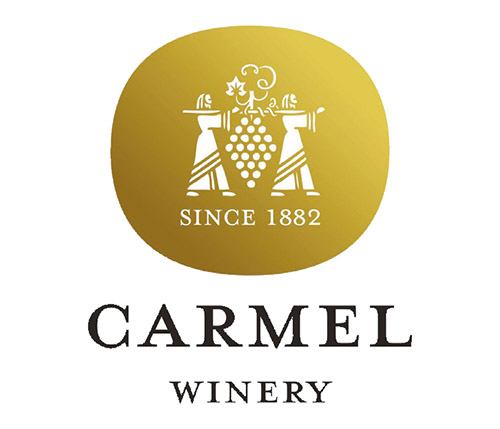




As our communities prepare for Passover, Riverdale’s Roni Jesselson, president of Carmel Winery for North America, recently displayed his wine-pairing skills at RJC’s cooking demo with Naomi Nachman, and at other local wine-tastings. “Wine brings people together. Wine, whether at a restaurant or a Shabbat table, elevates the meal and creates moments of joy.”
Jesselson reflected, “I was always into food. I have a good understanding of food, and a good palate. My understanding of food has enhanced my understanding of wine, and it enabled me to learn about wine a lot easier. When my family became involved with Carmel Winery, I was exposed to wine firsthand and I fell in love.”
In his role at the winery Jesselson wears many hats, but spending time at the vineyards and speaking with the winemakers is what he enjoys most. He added that his responsibilities also include “advising on American marketing strategies, cultivating and nurturing relationships with regional wine stores and meeting with hotel and restaurant operators to teach them about Israeli wines.
“Carmel has extremely unique boutique components to the winemaking process. Carmel’s high-end wines are excellent. In 1976, Carmel winemakers secretly made a luxury wine despite the fact that there was no true demand for high end kosher wine at the time. This project was the Carmel Special Reserve.” Jesselson described, “It’s kind of a chicken or egg dilemma with the kosher wine market. Why was kiddush wine so popular forever? Why does kosher wine get that reputation of being sweet? That’s what they were producing because that’s what people liked to drink.”
Jesselson continued, “These winemakers in the 1970s chose barrels that were originally intended to be used for brandy and secretly made a phenomenal high-end cabernet sauvignon. The success was seen as it was served in non-kosher restaurants in New York; it was like a discovery of a new region.” Carmel recently released a 40th year anniversary of the Special Reserve Cabernet Sauvignon to commemorate this historical achievement.
The Rothschild family founded the modern Israeli wine industry after purchasing the legendary Château Mouton Rothschild for 1 million francs and Château Lafite Rothschild for 4 million francs. Baron Edmond de Rothschild then invested triple the amount, upwards of 11 million francs, into Carmel’s winery, building deep underground cellars designed by his experts at Château Lafite Rothschild. Jesselson explained that when visitors come to the winery in Zichron Ya’acov, “Carmel has probably the coolest wine experience, not only in Israel, but in the kosher world.” Carmel also has a fascinating history.
Jesselson continued, “Carmel’s iconic logo shows the meraglim, Calev ben Yefuna, and Yehoshua Bin Nun, carrying gigantic grapes they found in Israel.” During Muslim times, wine was not produced in the region, as alcohol consumption is prohibited in Islam. In the 1880s, “the Rothschilds persuaded the Ottomans to bring back wine culture. When the First Aliyah’s olim arrived and needed work, they worked the vineyards, including future Prime Ministers David Ben-Gurion and Levi Eshkol.
“Carmel is doing so well right now in Israel. Our marketing strategy was to embrace this logo of B’nai Israel coming to Canaan and finding these incredible fruits.”
Carmel’s Limited Edition, the flagship wine, is one of Jesselson’s favorites and part of Carmel’s Signature series. “I really love the limited edition as it ages so beautifully. It consistently performs as one of the top Israeli wines year after year. It has proven that it could go 15+ years,” Jesselson said. “I also love the different Mediterranean wines we have, because it expands what the Mediterranean terroir is. We identify grapes that thrive in Israel, and ultimately create blends that reflect Israeli lifestyle.” In addition to Carmel’s Signature series wines, most wine produced at Carmel is table wine.
For Passover, Jesselson recommends the Mediterranean Four Vats Dry Red Wine, described as “nice, light, and easy to drink,” adding, “I also like the fact that it was made in four vats.”
“The opportunity to be working with something from Israel, is the best part of my job. People say, ‘Boycott Israeli products’; I’m trying to encourage people to do the exact opposite and buy Israeli wine. Israeli culture is thriving all over the world from food, movies, music and art. Wine is part of this culture wave.”
Jesselson noted, “It is an honor to be part of this movement that is educating the wine world of the high quality of Israeli wine. Israeli wine is great, not just good. It is the oldest wine region in the world, and only improving with time.”
By Judy Berger










